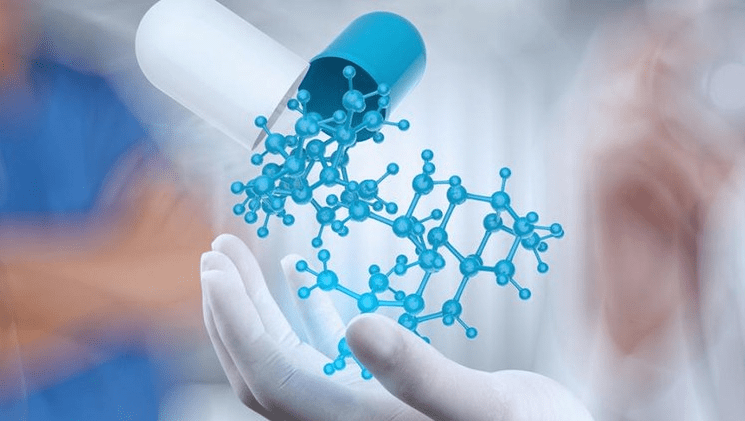
The Covid-19 pandemic may have brought several economies and
businesses to their knees, but India’s pharmaceutical industry
stood firm during this critical period.
According to sector stakeholders, the government’s focus on
supporting the growth of the domestic pharma sector during the
pandemic couldn’t have come at a better time.
The government had approved a Rs 15,000 crore production-linked
incentive (PLI) scheme for the pharmaceutical sector. The
government has also approved 33 applications totaling Rs
5,082.65 crore in committed investment under a separate PLI
scheme for Active Pharmaceutical Ingredients (APIs).
At the moment, India is the world’s largest supplier of generic
drugs. Indian pharmaceutical companies meet more than half of
the world’s demand for vaccines, as well as 40% of generic drug
demand in the United States. Notably, according to data from
container logistics company Maersk, pharmaceuticals exports from
India increased dramatically in 2020, with Q4 alone recording
47% higher volumes than the same period in 2019.
According to a recent Ficci manufacturing survey, pharmaceutical
is one of the industries expected to grow rapidly in the coming
years.

According to IMS total sales audit data, the Indian pharma
market grew 2.6 percent in February, slowing from 6.6 percent
growth in January, according to an Emkay Global Financial
Services report.
The Indian Pharma Market (IPM) grew 3.4 percent in terms of
moving annual total (MAT), primarily due to new product growth
of 3.4 percent, as pricing growth of 4.3 percent was fully
offset by volume decline.
According to a report by the India Brand Equity Foundation
(IBEF), the Indian pharmaceutical sector will reach $100 billion
by 2025. The industry has also risen to the challenge,
constructing the necessary infrastructure and expanding
operations to meet rising domestic and global demands.
Piramal Pharma Solutions, for example, announced plans to invest
$32 million in December to expand its facility in Michigan, US,
with additional capacity and new capabilities for the
development and manufacturing of active pharmaceutical
ingredients (APIs). Furthermore, vaccine manufacturer Indian
Immunologicals (IIL) will begin construction on a new viral
antigen manufacturing plant near Hyderabad in November 2020,
with an investment of Rs 75 crore.
Furthermore, the emphasis on becoming self-sufficient in terms
of APIs would benefit the Indian pharmaceutical industry, which
had previously relied heavily on APIs from China.
Emkay stated in a report, quoting Govind Jaju, founder of
Suingora Consultants and an API industry veteran, that global
companies, particularly those based in the US and Europe, are
actively looking to de-risk their supply chain from China.
They have three options, according to the report: produce APIs
in-house, outsource manufacturing to the other US or European
companies, or choose a supplier from a developing country other
than China.
As per the report, “The first two options, however, are not
viable for their entire portfolio, leaving only the third
option. Given their long history of supplying APIs and
formulations globally, better quality and regulatory compliance,
and greater supply reliability, Indian companies have an
advantage here “.
With such a strong emphasis on pharma in general and APIs in
particular, India appears poised to become the world’s pharma
supplier, assuming that policies are put in place to support the
industry’s needs.